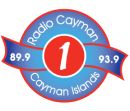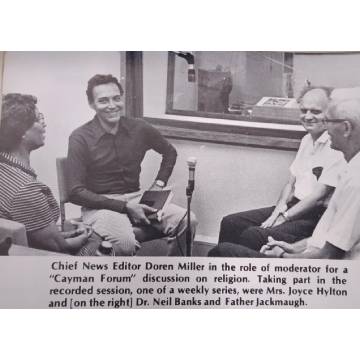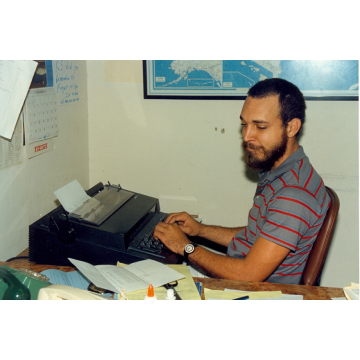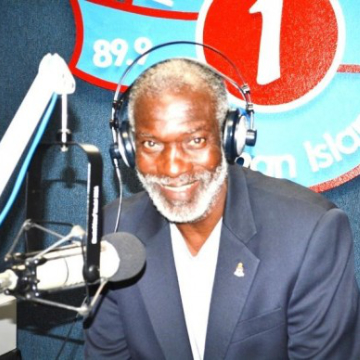News
UCCI President contributes to new book on Caribbean Education

Two of Cayman’s top college administrators are featured in a new book on Caribbean Education.
University College of the Cayman Islands President and CEO Stacy McAfee co-authored a chapter in “The Handbook on Caribbean Education” on the challenges and opportunities for tertiary education in the Cayman Islands. McAfee wrote the chapter along with Byron Coon, the President of the International College of the Cayman Islands, and William Schonberg of the Missouri University of Science and Technology.
McAfee said the section she and her co-authors put together is an assessment of the current state of higher education in the Cayman Islands and what the potential is in the future. The impetus, she said, came from Schonberg, a past participant in several of UCCI’s STEM Carib conferences.
“He understood ‘The Handbook on Caribbean Education’ was in the works and he asked Dr. Coon and I to consider contributing,” she said.
“What we attempted to do collectively was to consider the contemporary issues around the world and use that as a lens through which to see what’s happening in the Cayman Islands,” she added. “We tried to focus on how we’re tackling contemporary challenges and what we see as the opportunity for nation building.”
The chapter produced by the three authors is part of a section on “21st Century Issues in Caribbean Education.” McAfee said it’s important that Cayman be considered in that discussion.
“I think Cayman is fairly unique in the number of educational opportunities that exist here, even thought we have a relatively small population, “she said, noting the presence of not only UCCI and ICCI, but also the Truman Bodden Law School and St. Matthew’s University, which has both a veterinary and a medical school.
Schonberg said Cayman needs to be part of the mix of any discussion on Caribbean higher education.
“I thought it was important to ‘tell the world’ about all the great things that UCCI and ICCI are doing, and what their plans are for the future,” Schonberg said in an email. “The Cayman Islands is in a unique position to provide not only its people, but people around the world, higher-level educational opportunities in several key cross- or multi-disciplinary areas that can have a significant impact on the quality of life of its people. Advanced skills in these areas will help its workforce meet rising challenges and opportunities in several new areas related to medicine, sustainable tourism (which can take various forms), renewable energy, computer science and artificial intelligence, and communications.”
McAfee said the recent changes brough on by the Covid-19 pandemic have made the Cayman chapter even more relevant.
“As we think about rebuilding and what the future is for Cayman,” she said, “whether it’s building out to drive the economy, or whether it’s addressing how the world is changing, it’s a timely piece.”
“The Handbook of Caribbean Education” is not yet available, but will be soon at www.infoagepub.com












